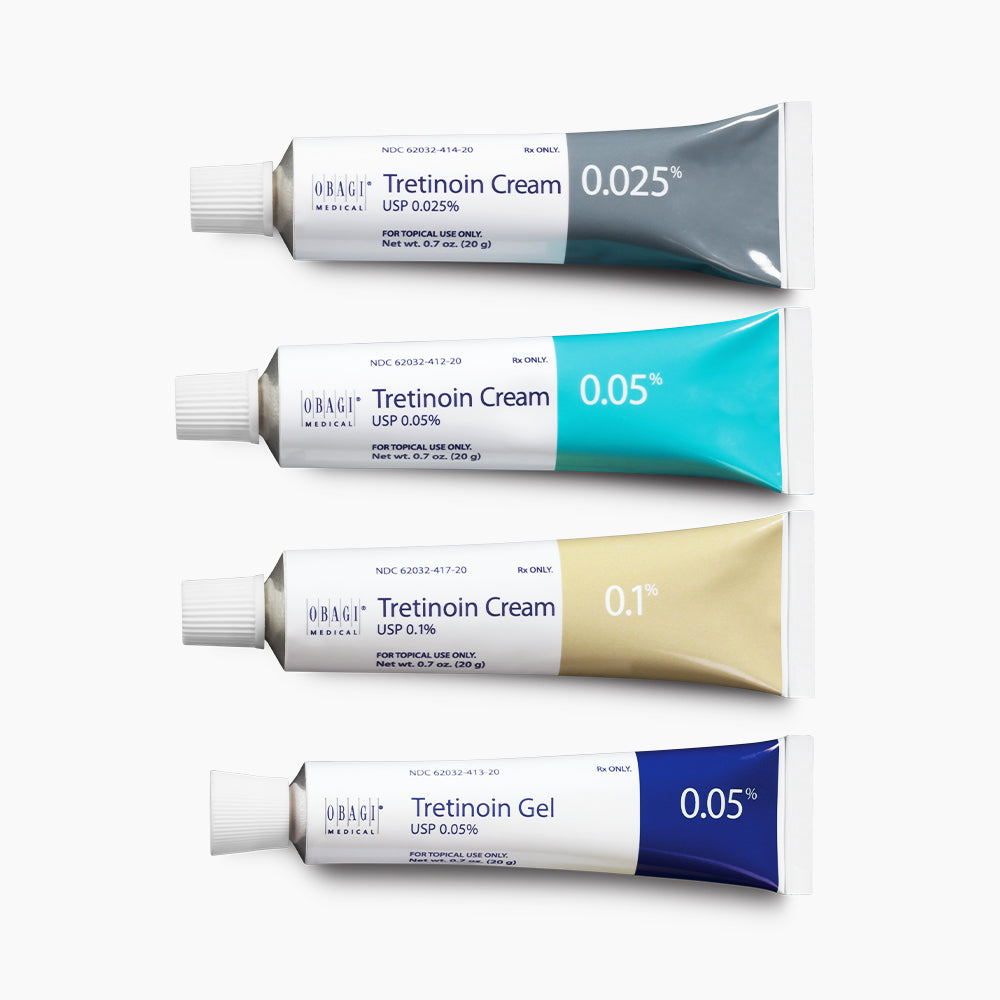

aad. Efficacy and tolerability of a double-conjugated retinoid cream vs 1.0% retinol cream or 0.025% tretinoin cream in subjects with mild to severe photoaging. Why topical retinoids are mainstay of therapy for acne. Drug-induced photosensitivity-From light and chemistry to biological reactions and clinical symptoms. A comparative study of the effects of retinol and retinoic acid on histological, molecular, and clinical properties of human skin. Pregnancy outcomes following first-trimester exposure to topical retinoids: A systematic review and meta-analysis. Answered OctoOphthalmic Technician - Bryan, TX.

fda.gov/cosmetics/cosmetics-laws-regulations/fda-authority-over-cosmetics-how-cosmetics-are-not-fda-approved-are-fda-regulated What benefits does The Retina Center offer Asked October 5, 2022. FDA authority over cosmetics: How cosmetics are not FDA-approved, but are FDA-regulated.Vitamin A update: Forms, sources, kinetics, detection, function, deficiency, therapeutic use and toxicity. A split-face, controlled study to assess the compatibility of tretinoin 0.05% acne lotion with facial foundation makeup. Vitamin A and pregnancy: A narrative review. You can learn more about how we ensure our content is accurate and current by reading our editorial policy. Healthline has strict sourcing guidelines and relies on peer-reviewed studies, academic research institutions, and medical associations. Prescription tretinoin can be adjusted to your individual needs. Be sure to tell them what, if any, retinol treatments you may have already tried. Tretinoin is available by prescription only, so you will need to speak with a doctor before you can purchase it.
#Retina benefits skin#
Benefits of Retin-A Improves skin texture Fade dark spots and freckles Boosts collagen Erase hyperpigmentation from sun damage Lessen appearance of fine lines and wrinkles Retinol, Retin-A’s cousin, can be found over the counter in various beauty products.
#Retina benefits full#
The higher concentration of tretinoin tends to make its side effects more pronounced than retinol, so you may want to take that into consideration before making a decision. Retin-A helps to boost that collagen production so the skin stays full and firm. If you’ve tried retinol and haven’t gotten the results you’re after, you might think about switching to tretinoin. These are OTC medications, so you can switch to a lower or higher concentration as you see fit.īe on the lookout for adverse reactions whenever you change your retinol treatment. If you’re not seeing the desired effects after 2 to 3 months, you can always try switching to a higher percentage retinol cream. If you’re just starting a new regimen, you can apply retinol cream every other day at first, so your skin has more time to adjust to the treatment. Who should try retinol?įor most people, retinol is going to be the best first choice for retinoid treatments.īecause retinol has a lower concentration, the irritation it causes will likely be less severe. This includes the macula, the part of the retina responsible for your central vision. A dermatologist can help you make an informed decision that works for your unique set of circumstances. A retinal specialist can diagnose, manage and treat almost any condition or injury that affects the retina. Choosing the right retinoid treatment for you will depend on your skin type, risk factors, and the desired outcome.


 0 kommentar(er)
0 kommentar(er)
